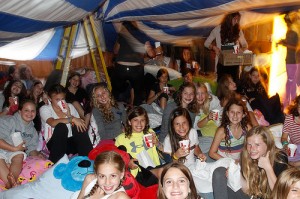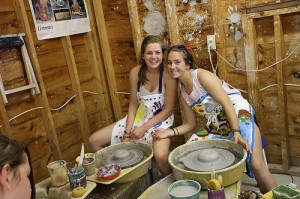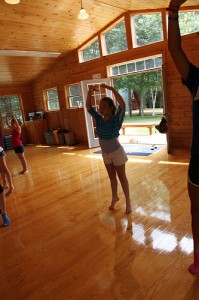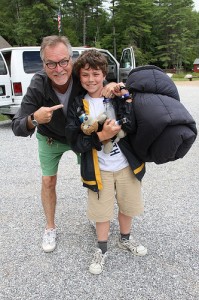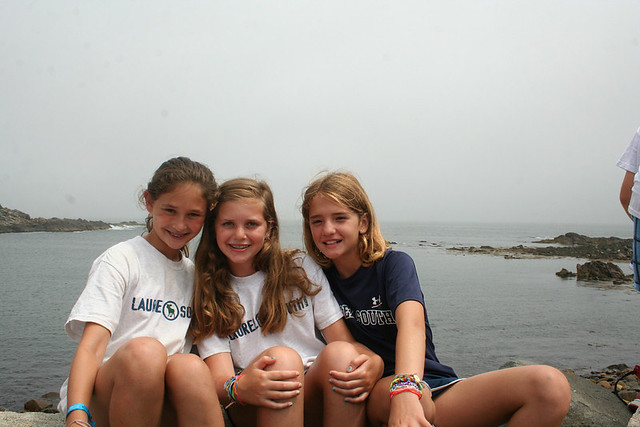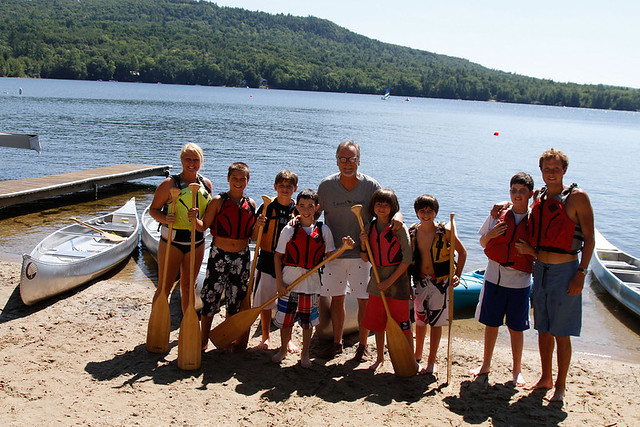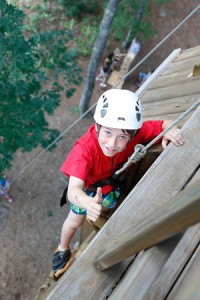 Robert Fulghum wrote a great poem entitled “Everything I Need to Know, I Learned in Kindergarten.” Since so many campers and staff members often speak of all of the valuable things they learn at camp, we thought we’d do a tribute to Fulghum’s original poem, as well as to all present and former campers and staff members, with our own camp take on the classic…
Robert Fulghum wrote a great poem entitled “Everything I Need to Know, I Learned in Kindergarten.” Since so many campers and staff members often speak of all of the valuable things they learn at camp, we thought we’d do a tribute to Fulghum’s original poem, as well as to all present and former campers and staff members, with our own camp take on the classic…
Everything I Need to Know in Life…I didn’t learn in a classroom or in a book. I learned it at summer camp. I learned….
- I can make good decisions for myself
- Living with other people requires compromise.
- Learning to say ‘I’m sorry”
- Making my bed every day
- Clean up my own mess
- Don’t overpack!
- Don’t take things that are not yours.
- Write letters. People still love getting mail.
- Trying new things is fun, even if they don’t turn out to be something you’d want to do everyday.
- Sometimes being able to laugh at yourself is the best medicine.
- Everyone should take the time to act silly —even grownups.
- It’s okay not to be the best at something as long as you try really hard.
- Just because you don’t succeed the first time, that doesn’t mean you should give up.
- It’s not so hard to smile and say ‘hi’ to someone you don’t know.
- New friends are great! Old friends are the best!
- Traditions tie us to others forever, no matter where we are in the world or how much time has passed.
- You have the power to choose whether you have a good day or a bad day. And even if your day doesn’t get off to such a great start, it doesn’t have to end that way.
- No one wins all of the time. It’s what you take away from the game that matters.
- Having a routine is a really good way to stay organized.
- Words CAN be just as powerful as sticks and stones, so think about what you say to someone else before you say it.
- Judging people by what they look like or what they wear won’t get you very far in life, and you might miss out on some great friendships because of it.
- Cheering for others is just as fun as being cheered on.
- Every great thing comes to an end. But the memories of it last a lifetime.
The world would be an awesome place if everyone went to summer camp!




